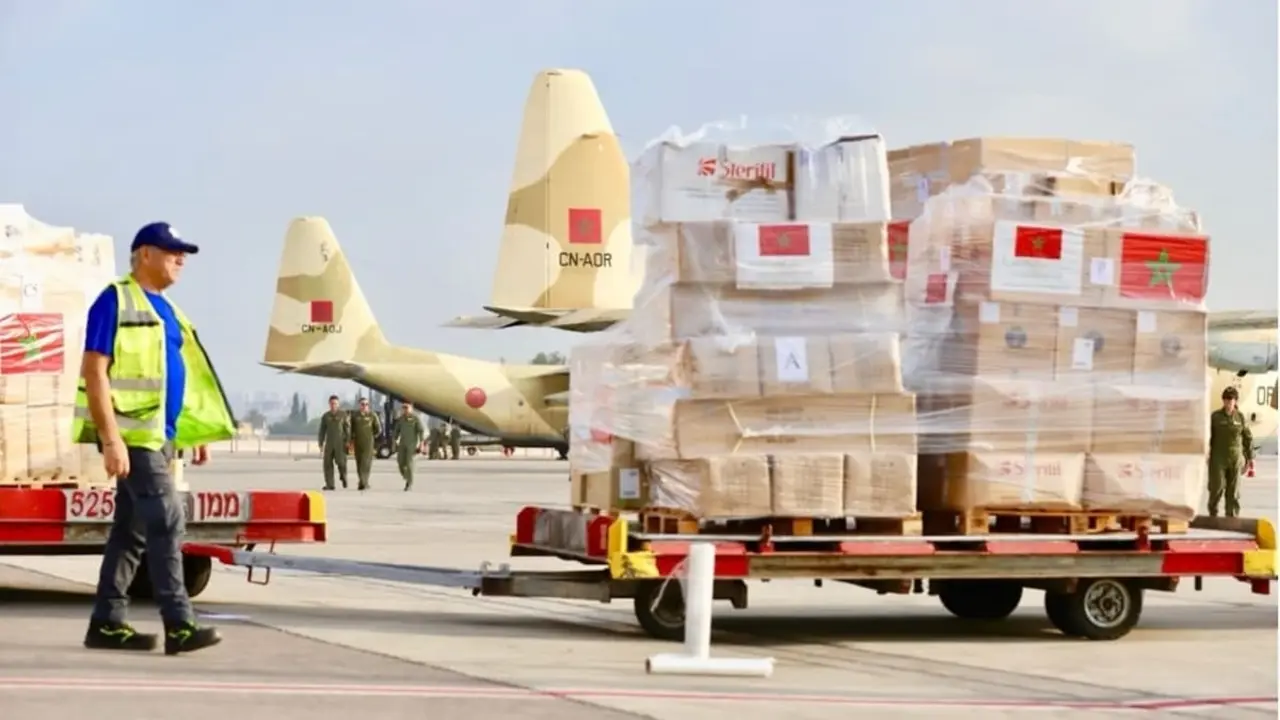Antibiotic resistance poses a growing risk to people, animals and the environment

Leading health, food, environment and animal health agencies warn of resistance to antibiotics and other antimicrobial drugs, which makes it difficult or impossible to treat and prevent the spread of sometimes fatal diseases. This situation requires a joint response from the international community, as urgent as the response to the COVID-19 pandemic, experts say.
The emergence of COVID-19 has demonstrated how easily infections can spread, threaten global health security and destabilise economies, lives and livelihoods.
Antimicrobial resistance is a growing pandemic that is hindering the achievement of the Sustainable Development Goals, agreed participants at the High-Level Dialogue on Antimicrobial Resistance at the UN General Assembly on Thursday.
World Health Organization (WHO) data show that at least 700,000 people currently die each year from drug-resistant diseases.
"Without urgent action, these diseases could cause ten million deaths annually by 2050, as well as economic damage as catastrophic as the 2008-2009 global financial crisis, and by 2030, antimicrobial resistance could push 24 million more people into extreme poverty," said the president of the General Assembly.
No transplants, no chemotherapy
Volkan Bozkir stressed that, if current trends continue, sophisticated interventions requiring antimicrobials such as organ transplants, joint replacements and cancer chemotherapy, as well as care for premature babies, will become too dangerous and will not be possible.
Speakers at the semi-virtual event included World Health Organisation (WHO) Director-General Tedros Adhanom Gebreyesus, Food and Agriculture Organisation (FAO) Director-General Qu Dongyu; the director general of the Animal Health Organisation, Monique Eloit; and the deputy executive director of the UN Environment Programme (UNEP), Joyce Msuya, expressed alarm at the lack of awareness of what they called a "silent pandemic", despite the devastating consequences it can have.
They noted that lack of regulation, the use of antibiotics as growth promoters in animals, and over-the-counter and internet sales have led to a boom in counterfeit or poor quality antimicrobials.
They also considered it imperative that stakeholders involved in food production and processing, animal husbandry and agriculture be present in discussions on antimicrobial resistance as the food sector is the largest consumer of antimicrobials.
 Growing pandemic
Growing pandemic"As the present and growing pandemic that it is, antimicrobial resistance must be a central part of preparedness for a future health emergency," Volkan Bozkir said.
Dr Tedros, for his part, called for a joint response to antimicrobial resistance "as urgent as that required by the COVID-19 pandemic".
"It is vital that together we bring the same sense of urgency, innovation and solidarity that we have seen in the face of COVID-19 to the fight against antimicrobial resistance. (...) The COVID-19 pandemic has illustrated in a very stark way the need to work with all sectors in a health approach that integrates efforts to protect the health of humans, animals and the planet," Tedros stressed.
In closing, the WHO chief called on all countries to sign up to the Call to Action Against Antimicrobial Resistance 2021, which has already received strong international support.
In his turn at the microphone, the FAO director noted that antimicrobial resistance is resulting in an increasingly complex and visible set of threats to global health, food safety and food security, "and this can also lead to substantial socio-economic damage," he added.
Qu Dongyu argued, however, that this reality can change if the world acts consistently, quickly and decisively.
"We need to keep antimicrobials working. Waiting for new drugs to be created is not an option because of the extraordinary cost and complexity of drug research and development," he stressed.
Recalling that without effective essential medicines the spread of infectious diseases can escalate out of control and that global demand for animal protein is expected to increase by 45% by 2050, he stressed the importance of meeting the dual challenge of meeting that demand while reducing the risks of antimicrobial resistance.
 Collective action
Collective actionIn this regard, he stressed that combating antimicrobial resistance requires collective efforts from a wide range of actors, including ministries of health, food and agriculture in all countries, as well as those responsible for the management of shared natural resources and the academic and private sectors.
Qu Dongyu said that FAO, WHO and the Animal Health Organisation are working together with UNEP to drive change through collective action.
He said the plan calls for "funding, in-kind contributions and resources to scale up operations globally and nationally."
"Only by working together, our world will be better for generations to come. We can build back better and stronger for better production, better nutrition, a better environment and a better life, leaving no one behind," he concluded.








